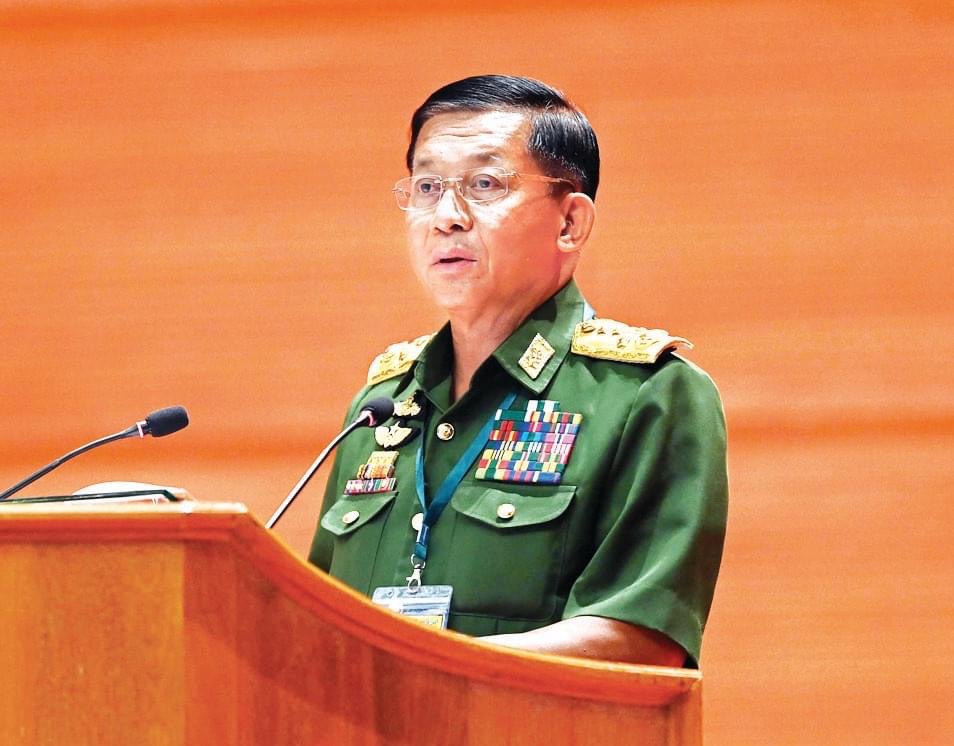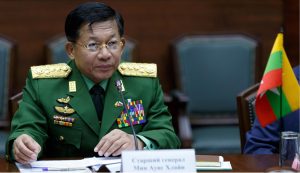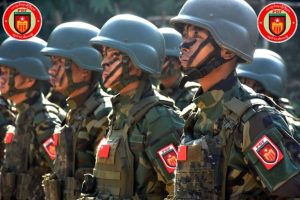

Singapore is a highly developed city-state located in Southeast Asia, known for its global financial importance, cutting-edge infrastructure, cleanliness, and efficient governance. Here’s a broad overview of the country:
Geography and Location
- Location: Singapore is situated at the southern tip of the Malay Peninsula, with the South China Sea to the east and the Strait of Malacca to the west.
- Area: It is a small country, with a total land area of about 728.6 square kilometers (281.3 square miles). Despite its small size, it is one of the world’s busiest ports.
- Climate: Singapore has a tropical rainforest climate with high humidity and temperatures typically ranging from 25°C to 31°C (77°F to 88°F) year-round.
History and Politics
- Colonial History: Singapore was founded as a British trading colony in 1819 by Sir Stamford Raffles. It became part of the British Empire until it gained self-governance in 1959 and independence in 1965.
- Independence: Singapore became an independent republic on August 9, 1965, after separating from Malaysia.
- Government: It operates as a parliamentary republic. The ruling People’s Action Party (PAP) has been in power since independence. Singapore is known for its efficient, technocratic governance and has a reputation for political stability and low levels of corruption.
Economy
- Global Financial Hub: Singapore is one of the world’s most prosperous countries, with a highly developed and free-market economy. Its economy is driven by industries such as finance, trade, manufacturing, and high-tech services.
- Trade and Port: The Port of Singapore is one of the busiest in the world, and the country is a major global shipping and logistics hub. It also has a strong presence in industries like electronics, chemicals, and biotechnology.
- Wealth and Standard of Living: It boasts one of the highest GDP per capita rates globally and offers a high standard of living, with excellent healthcare, education, and infrastructure.
Society and Culture
- Multiculturalism: Singapore is a melting pot of ethnicities, including Chinese, Malay, Indian, and Eurasian communities. The country celebrates a range of cultural and religious festivals, such as Chinese New Year, Diwali, and Hari Raya Puasa.
- Languages: The official languages of Singapore are English, Malay, Mandarin Chinese, and Tamil. English is the primary language used for business and government, and it serves as a unifying medium across the diverse population.
- Education: Singapore has an internationally acclaimed education system, with a strong emphasis on science, technology, and innovation.
Infrastructure and Urban Development
- Modern Infrastructure: The city is renowned for its advanced infrastructure, including its efficient public transportation system, extensive road networks, and impressive skyline. Landmark buildings such as the Marina Bay Sands, Gardens by the Bay, and the Esplanade are iconic representations of the city.
- Clean and Green: Singapore is known for its cleanliness, rigorous waste management policies, and green spaces. The government has taken significant efforts to integrate greenery into urban planning, such as the creation of “garden cities” and the famous Supertree Grove.
Tourism and Attractions
- Tourist Hub: Singapore is a popular tourist destination, offering attractions like Universal Studios Singapore, the Singapore Zoo, Sentosa Island, and cultural neighborhoods like Chinatown, Little India, and Kampong Glam.
- Food: The city is a food paradise, with a wide range of local dishes such as Hainanese chicken rice, chili crab, laksa, and satay. Street food in hawker centers is a significant part of the culture.
Challenges and Future
- Space Constraints: As a small island nation with limited land area, Singapore faces challenges in managing urban growth, housing, and maintaining a sustainable environment.
- Aging Population: The country is dealing with an aging population, which could pose challenges for its labor force and healthcare system in the future.
- Innovation and Sustainability: Singapore is focusing on innovation, sustainability, and green technologies, aiming to become a global leader in areas such as smart city development and eco-friendly infrastructure.
In conclusion, Singapore stands out as a modern, prosperous, and highly developed country with a unique blend of cultural diversity, cutting-edge technology, and global economic influence.





